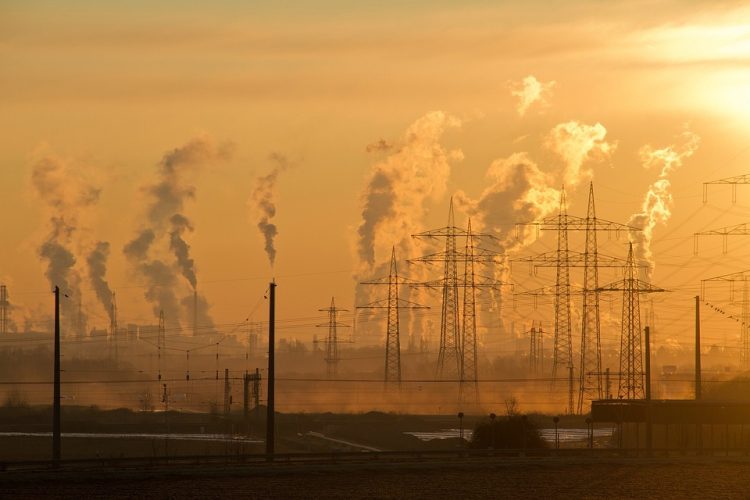In recent years, the world has become increasingly aware of the devastating environmental impact of our addiction to plastic. From single-use water bottles to plastic bags and packaging, plastic has become an integral part of our daily lives. However, the convenience that plastic provides comes at a significant cost to our planet.
The Plastic Predicament: Understanding the Problem
Plastic is everywhere – in our oceans, landfills, and even in the air we breathe. The production, use, and disposal of plastic have serious environmental consequences that are felt around the world. One of the biggest issues with plastic is that it is not biodegradable. This means that once it is discarded, it can take hundreds or even thousands of years to break down.
Plastic pollution is a global problem that affects marine life, wildlife, and human health. According to the Ocean Conservancy, over 8 million tons of plastic enter the ocean every year. This plastic pollution harms marine animals like sea turtles, dolphins, and seabirds, who often mistake plastic for food. When these animals ingest plastic, it can lead to serious health issues and even death.
Furthermore, plastic pollution has a significant impact on our oceans’ ecosystems. Plastic debris can entangle marine animals, leading to injury or death. Additionally, the chemicals in plastic can leach into the water, contaminating the food chain and posing a threat to human health.
The Role of Single-Use Plastics
Single-use plastics are a major contributor to the plastic pollution crisis. Items like plastic bags, straws, and utensils are used once and then discarded, often ending up in landfills or the ocean. These items are particularly harmful because they are designed for convenience, not durability. As a result, they are often not recycled and end up polluting the environment.
One of the most common single-use plastics is the plastic water bottle. In the United States alone, over 60 million plastic water bottles are thrown away every day. These bottles take up valuable space in landfills and can take up to 450 years to decompose. Additionally, the production of plastic water bottles requires large amounts of fossil fuels, contributing to greenhouse gas emissions and climate change.
The Need for Sustainable Solutions
To address the plastic pollution crisis, we must reduce our reliance on single-use plastics and embrace more sustainable alternatives. This includes using reusable water bottles, bags, and containers, as well as supporting businesses that prioritize eco-friendly packaging. By making small changes in our daily habits, we can collectively make a big impact on reducing plastic waste.
Governments and businesses also have a role to play in addressing the plastic predicament. Many countries have implemented bans or taxes on single-use plastics to encourage the use of more sustainable alternatives. Businesses can also take steps to reduce their plastic footprint by using recycled materials, offering refill stations, and promoting reusable products.
Innovations in plastic recycling and waste management are also key to addressing the plastic pollution crisis. New technologies are being developed to recycle plastic more efficiently and effectively, turning waste into valuable resources. By investing in these technologies and supporting recycling initiatives, we can reduce the amount of plastic that ends up in the environment.
The Importance of Education and Awareness
Education and awareness are crucial in the fight against plastic pollution. Many people are unaware of the impact that their plastic consumption has on the environment and wildlife. By raising awareness about the issue and providing information on sustainable alternatives, we can empower individuals to make more eco-friendly choices.
Schools, businesses, and community organizations can all play a role in educating the public about the plastic predicament. By incorporating lessons on plastic pollution into school curriculums, hosting community clean-up events, and promoting sustainable practices, we can help people understand the importance of reducing plastic waste.
In conclusion, the plastic predicament is a pressing environmental issue that requires urgent action. By understanding the impact of our addiction to plastic, embracing sustainable alternatives, and supporting recycling initiatives, we can all work together to reduce plastic pollution and protect our planet for future generations. Let’s make a commitment to reduce our plastic footprint and create a cleaner, healthier world for all.





